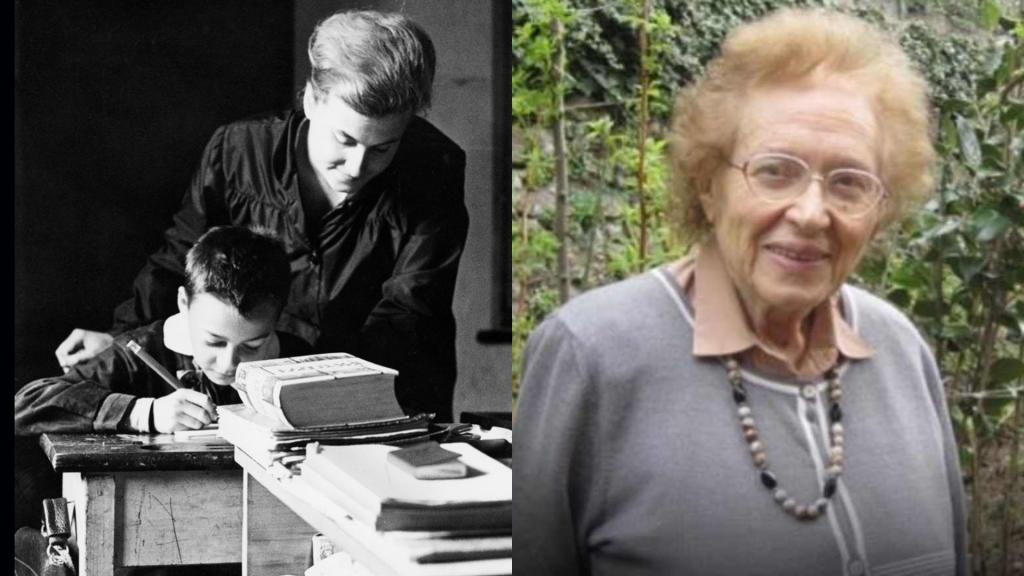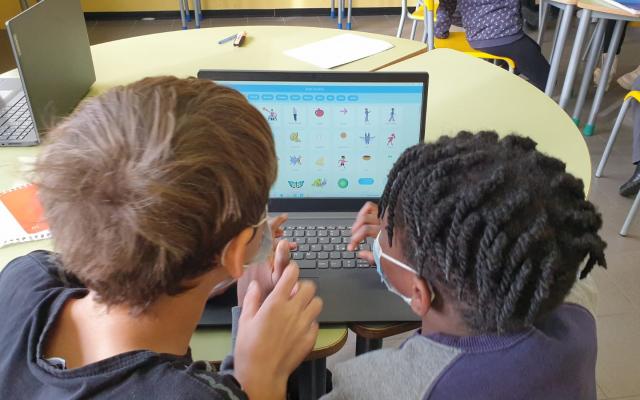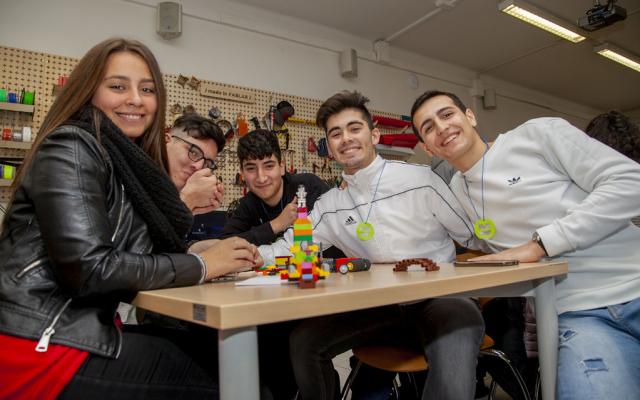An exemplary personal and professional adventure that led to the abolition of differentiated classes
" Why didn't the school want me with the other children?" (from the movie La classe degli asini, 2016)
We learned about Mirella Antonione Casale with our professor. And while Don Milani is certainly still a very well-known name, perhaps a symbol itself of the history of democratic schooling, Casale remains almost unknown, but her story is exemplary.
Born in Turin in 1925, she is now 98 years old. It would have been nice to visit her, but she hasn't had a public life for a long time. The episode that changed her life was the illness of her daughter, Flavia, who, when she was not even six months old contracted a viral encephalitis that caused her brain damage and permanent disability. When Flavia turned six, Mirella Antonione Casale tried to enrol her in school, but Flavia was only accepted in differentiated classes.
Even after the middle school reform of 1962, in fact, there were still special schools for pupils with serious disabilities and special classes intended for pupils with socialization or learning problems". Classes for "the different."
So Casale began to fight against the discrimination suffered by her daughter and all the other students relegated into differentiated classes. Parents formed a movement and, although they were not familiar with political militancy, they were firmly determined to fight. They forcefully enrolled their children in "normal" classes. In fact, they boycotted the law.
It is precisely the Letter to a Teacher and the echo it aroused in the student movements that drove the request for equality made by Casale and the parents of other children segregated in differentiated classes all the way to parliament.
In 1971, a commission chaired by Senator Franca Falcucci was formed and worked to change the legislation. And finally, in 1977, differentiated classes were eliminated. Support teachers were established to provide in-class support to students with disabilities. And from there, we could say, the history of inclusive school was born in Italy. A complicated story, but undoubtedly a happy one.
The story of Mirella Antonione Casale, mother, teacher, school director, and activist, was staged by Class III M at the Istituto Amaldi in Rome with their Professor Christian Raimo, in the book entitled “A Letter to School” (Lettera alla scuola, Feltrinelli, 2024). We know the Liceo Edoardo Amaldi well. It is participating in the Smart & Heart Rome Network, a social innovation programme that operates in large city suburbs against educational poverty.
We also like to remember that Professor Emeritus Tullio De Mauro always had words of appreciation for Franca Falcucci, despite their different positions (she was a moderate, while he was progressive), and considered her one of the best education ministers.
We invite you to delve deeper into Mirella's story and to watch the television movie produced by Rai Fiction with your family, class, or educational community: La classe degli asini (The Class of Dunces) on Rai Play. We think it's a great way to experience International Women's Day together, sharing a story of female civil commitment for the right to quality education for all.






